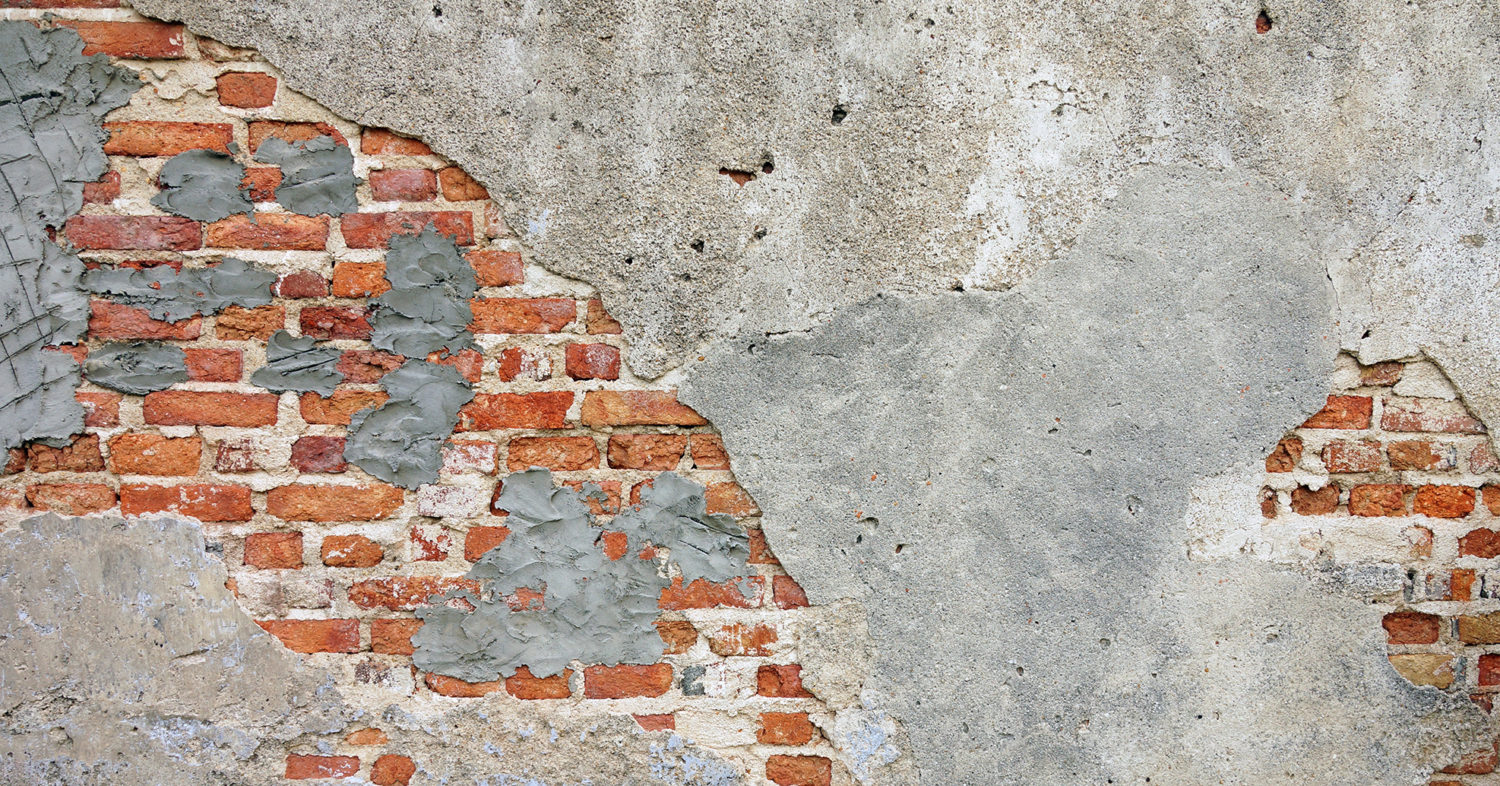Our founding feminists
The pioneering efforts of several early female Fabians have too often been written out of history, writes Jana Smith Elford.
The Fabian Women’s Group was established on 14 March 1908 to draw stronger links between the two most vital movements of the time: socialism and women’s emancipation. In its first report, the Fabian women involved in this new group took note of the pioneering female Fabians who had come before them. It was because of these women, the Women’s Group suggested, that the society as a whole had “become the pioneer socialist body supporting the suffrage agitation”.
Although Annie Besant and Beatrice Webb are certainly two of the more well-known early female Fabians, there are a number of feminists that mobilised within a male-dominated Fabian Society from its inception. Pioneering members like Emma Frances Brooke, a collectivist, and Charlotte Wilson, an anarchist, for instance, were drawn to the Fabian Society to discuss, debate, and implement these various theories, and to draw attention to their impact on women, with which they were predominantly concerned. And yet despite their numerous contributions to the making of an egalitarian socialist movement, women were written out of Fabian history even as they were producing it.
By reading early issues of the Fabian News – the society’s regular newsletter – we can begin to recover patterns of women’s activity and hypothesise about the way feminists’ ideas circulated within social movements, even though their speeches, tracts, and fiction were marginalised in early and subsequent histories.
In the 1880s, alongside the burgeoning interest in socialist ideas, women’s nature and purpose in society was a hot topic of debate. The ‘woman question’ or ‘sex-question’ as it was then called, dealt with issues that ranged widely from marriage, suffrage, and sexual assault, to childcare and women’s education and whether they should be supported by the state. Brooke, who authored several fictional books on the subject, also wrote a significant article – Women and their Sphere – that predated many more well-known ones on the topic of the woman question. It was published in 1888 in another feminist Fabian’s journal – Annie Besant’s Our Corner. Brooke was instrumental in broadening the understanding of the way particular issues like ‘the woman question’ were discussed and circulated within and between socialist organisations such as the Fabian Society.
Brooke, together with other members of the society, worked on a variety of organisational initiatives, including socialist lectures, anarchist speeches, and conversational teas to persuade people to become socialists. Yet the first book of Fabian history, written by Edward Pease – a founding Fabian and secretary of the society – references Brooke only once and makes little mention of other women.
Other feminist Fabians included influential American feminist Harriot Stanton Blatch, Katharine St. John Conway (Glasier) who is better known for her affiliation with the Independent Labour party, and L. T. Mallet, a feminist lecturer and writer.
From 1891 to 1896 Mallet gave at least 56 lectures to various Fabian groups on the equal rights of women, women’s wages, and women and socialism, sat on the Fabian executive committee for two terms, and in 1891 was a Progressive Candidate for the London School Board, advocating for an egalitarian national education system funded by the state. It was in part due to her efforts that a Fabian committee was established to draw up a tract on the woman question, advocating the equal claims of women to all civil and political rights.
In 1893, Mallet published Dangerous Trades for Women with William Reeves, which had formed the topic of several of her lectures, and in 1897, along with several other Fabians including Henry Stephens Salt, Isabella Ford, and Joseph Francis Oakeshott, Mallet’s work appeared in Cruelties of Civilization:
A Program of Humane Reform. She was also a regular contributor to the feminist Women’s Penny Paper, the first women’s newspaper written, printed, and published entirely by women. Outside the Fabian Society, Mallet was a prominent member of the National Liberal Federation, the English Society of Friends of Russian Freedom, the Family Welfare Association, and active on the International Arbitration and Peace Association, a feminist peace organization. Despite advocating for feminism within the Fabian Society and more widely, Mallett appears in no anthologies of feminist history and is absent from any histories of the Fabian Society subsequent to Pease’s 1916 History of the Fabian Society (which only mentions her twice).
Although the degree of influence of these early feminist Fabians is hard to quantify, their ideas, introduced and reintroduced in the forms of lectures, motions, papers, and committees, were continually circulating within the Fabian Society. Working to amplify the concerns of women, they contributed immeasurably to the nature of social change pursued within the organisation. As they interceded in various areas both within and outside of the society, these feminists played a significant role in influencing wider social change both within the society and beyond. But because these women were not recognised as the leaders of the socialist organisation, their work was overlooked in the first Fabian histories. And due to the fact that current historians draw on past histories, this oversight has been perpetuated.

